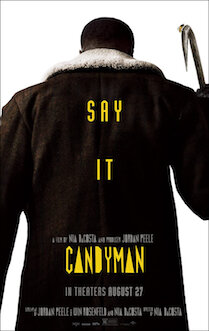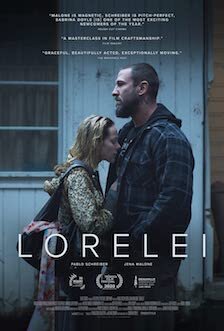Direction: Aleem Khan
Country: UK
British writer-director Aleem Khan triumphs in his feature directorial debut, After Love, a poignant drama film that deserved all the praise it got in renowned European festivals.
Joanna Scanlan is Mary, a housewife living in Dover, Southern England, who changed her name to Fahima Hussain after marrying a Pakistani man. His unexpected death leads to Mary's finding that he has had a lover for many years. She packs her things and travels 21 miles to Calais, France, where she meets this French woman, Genevieve (Nathalie Richard), who lives with her disquieted son, Solomon (Talid Ariss). Mary’s curiosity seems as big as her torment.
Almost every scene throbs with suffering and discomfort, but the one where the truth is revealed to Genevieve strikes with an emotional edge. Following naturally adverse reactions, these women get to understand the pain of each other, and it’s in that sense that the film is so humane and touching. As opposed to drawing a bleak scenario from start to finish, Khan dilutes the toughest moments into a liberating sympathy and stoical acceptance of the facts.
Morose and complex, After Love is worthy of your time for its clarity and lack of pretension alone. The mise-en-scene may seem spare but what the film has to say overcomes that aspect. It's a simple enough setup that goes deeper as it moves forward.
With Scanlan delivering a phenomenal performance as the grieving widow, the film makes us think about the submissive role of women in Islamic society in opposition to the freedoms enjoyed by men.








































